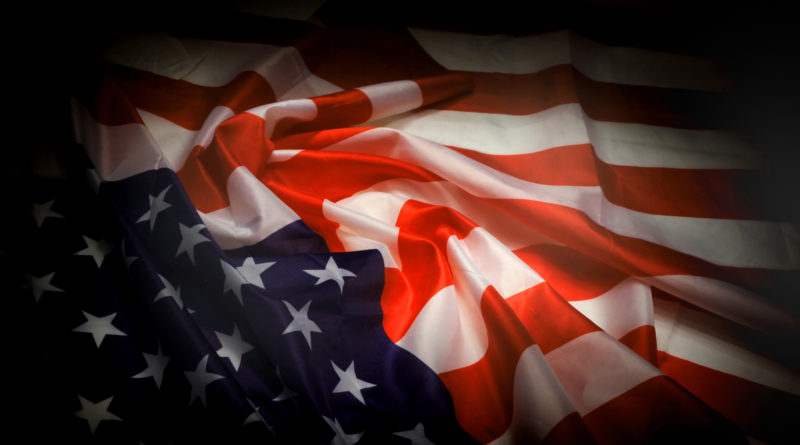Why Some People Don’t Celebrate July 4th
2,862 total views, 1 views today
July 4th is undeniably a major American holiday. On this date in 1776, the thirteen original American colonies adopted the Declaration of Independence, Thomas Jefferson’s historic document that founded the United States and liberated it from British rule. In the centuries since the colonies first signed the Declaration of Independence, the July 4th holiday – also widely known to some as Independence Day – has become a staple American celebration involving fireworks, family gatherings, barbecues, and plenty of summer sunshine and heat.
However, not everyone looks to July 4th as a celebratory occasion.
As recent protests in the wake of George Floyd’s murder by police have swept the nation, many Americans have voiced their opinions that the United States is founded on inequality and racism. Since July 4th celebrates the founding of the United States, many of the same people now marching for an end to policing – and what critics say is state-sanctioned violence against Black people – are unlikely to celebrate July 4th this year. This resistance, though, long predates the Black Lives Matter movement.
Early last decade, mainstream publications began publishing opinion pieces by prominent Black figures in which the writers argued that American independence cannot be celebrated when the nation’s Black residents still remained tethered to an entirely different set of chains. While sentiments against celebrating July 4th have only become more widespread since last decade, they have existed on record as early as 1852.
That year, famed abolitionist and activist Frederick Douglass gave a speech to a large New York crowd in which he declared Independence Day hypocritical as long as slavery remained prominent in the country. Some Black journalists and commentators have noted that Douglass’ speech, though vital to the historical understanding of slavery in the United States, is not usually taught in public school history courses, whereas memorizing the text of the Declaration of Independence is often of prime importance.
Toward the end of the 1800s, Indigenous Americans began taking July 4th celebrations into their own hands as well. During this time, the American government banned Indigenous cultural expressions such as tribal dances and feasts in hopes that Indigenous people would instead celebrate American holidays such as July 4th. Over time, though, Indigenous celebrations remained intact, and today, many Indigenous people host Gourd Clan ceremonies instead of the July 4th barbecues and summer activities most often associated with the holiday.
In more recent years, protestors demanding all manner of social change have used July 4th as an occasion to make their voices heard. In Philadelphia in 2018, for example, many people forwent typical holiday celebrations in favor of camping outside the city’s regional Immigrations and Customs Enforcement (ICE) building. That summer, the Trump administration underwent widespread scrutiny for its mistreatment of immigrant children in detention centers, a stark contrast to the principles of liberty on which the United States was founded.
A year after the Philadelphia ICE encampment, immigrants’ sentiments regarding July 4th remained dismal, a notable trend given the rapid growth of immigrant populations in the United States. This year, as protestors demanding an end to American structural racism, traditional July 4th celebrations may appear even fewer and farther between than ever before.

